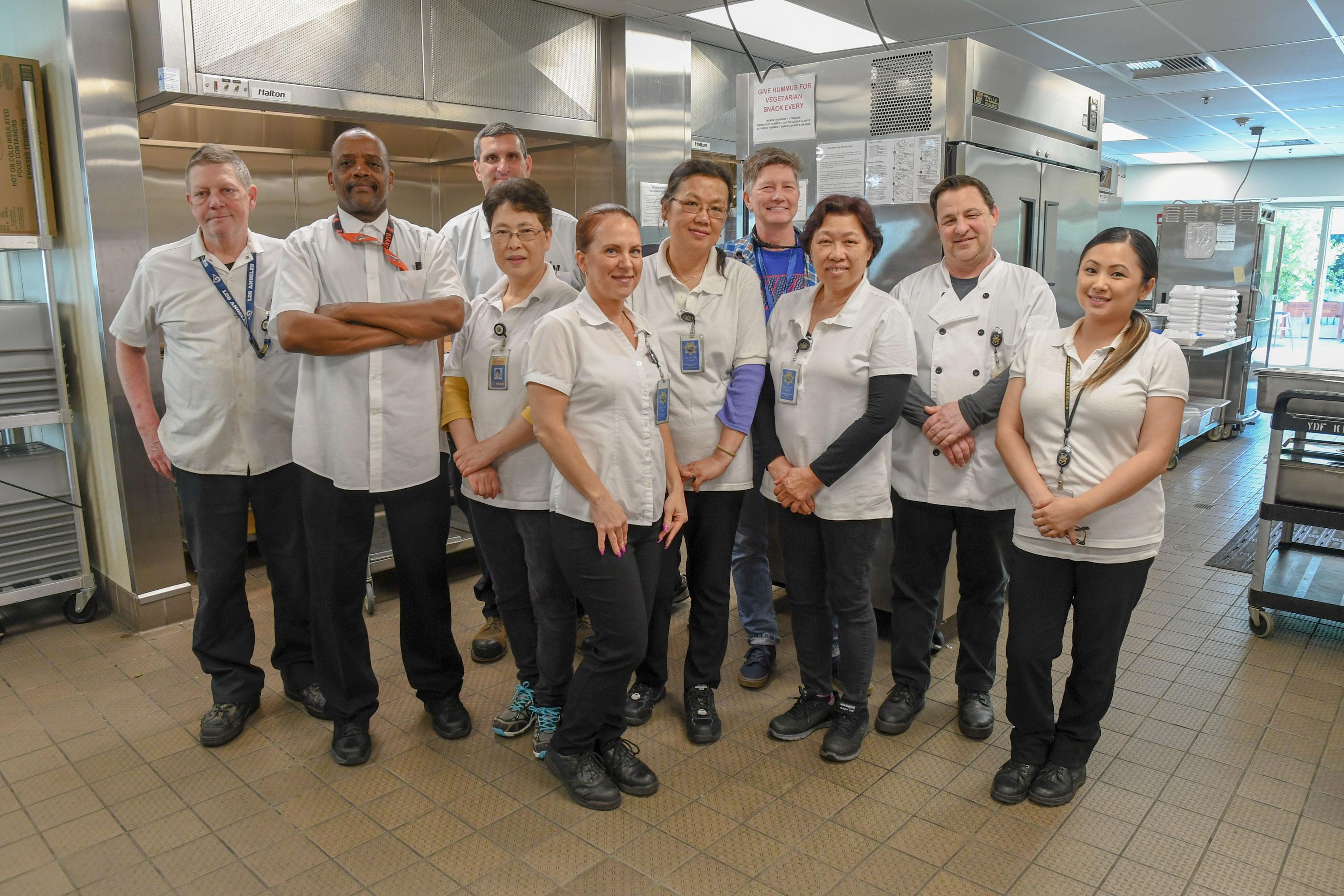For years, the Sacramento County Youth Detention Facility was understaffed in its laundry room. On many days, one worker would be responsible for washing clothes for the entire facility—a job for at least three people.
To keep things running smoothly, the facility did what it thought was the next best thing to “fix” the problem: Bring in on-call food service workers to fill in the gap.
The only problem: That “fix” was actually in violation of the food service workers’ rights.
Now, as a result of the persistence of our sisters and brothers from AFSCME Local 146, the food service workers—who are AFSCME members—have been made whole and our members have created a win-win situation for both the workers and management.
“This is a victory because the worst case scenario didn’t happen,” said Claudia McFarland, a steward at the youth detention facility who helped the union win this victory. “And that was all because of the awareness and initiative taken by our workers.”
On the surface, everything seemed OK when the on-call food service workers would get asked to help out in the laundry room. The kitchen didn’t suffer too much and the workers would get extra hours.
But when some of our sisters and brothers found out about the situation, they knew something didn’t add up because laundry workers get paid more than food service workers at the facility. As it turns out, McFarland said, the food service workers were being asked to do laundry room work but not getting paid the difference in pay.
What’s more, some of the food service workers don’t speak English that well, so “this was a clear case of taking advantage of the workers’ dignity and respect,” McFarland said.
When Tina Fancher, a laundry worker, found out the food service workers were finally getting paid properly for their work, she was ecstatic.
Fancher, a Local 146 member, used to be a food service worker, and she remembers the many days food service workers would be called on to work in the laundry room and no one questioned it.
Working in a laundry room is not as simple as some might think, she said. Workers need special safety training to operate the machinery and they’re often dealing with dangerous chemicals.
“It was an accident waiting to happen,” she said.
Although she didn’t benefit directly from the getting backpay, Fancher said she’s just glad to be part of something where workers were able to stand up for their rights.
“We’re all a team,” Fancher said. “So you want to see the best for your coworkers.”
The victory has also led to some policy changes at the facility.
When our members brought up the violations to management, the facility immediately stepped up and said they would make plans for hiring another laundry worker.
Our members were also able to collaborate with management to come up with a plan to prevent violations from happening in the future.
For example, if the laundry room is ever understaffed again, the facility will have to ask a laundry worker who is on duty for the week to come in and fill the gap first. If extra help is needed, then the facility will have to bring in an on-call laundry worker.
Only as a last resort can the facility ask a food service worker to help out in the laundry and, when they do help out, they have to be properly trained and compensated.

